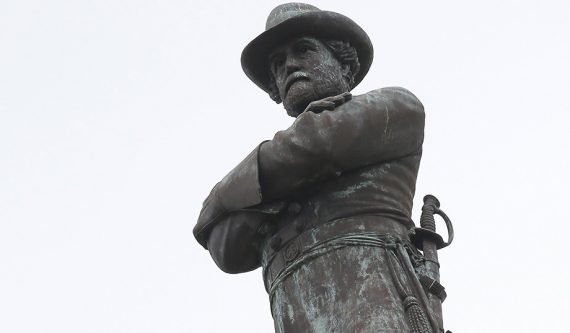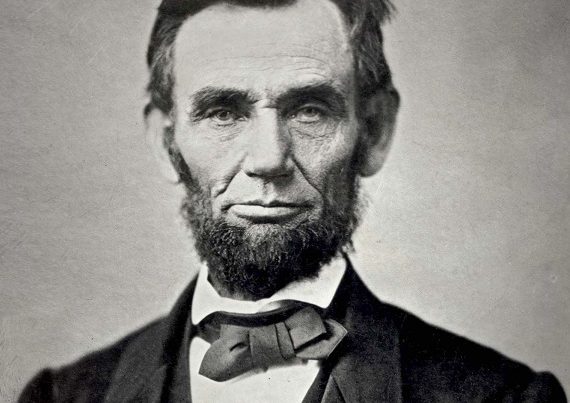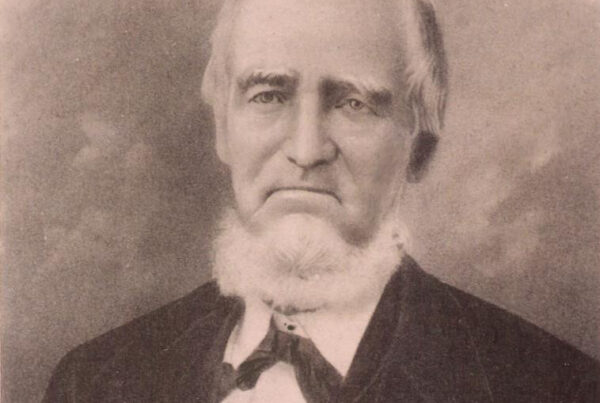First of all, I wish to state that I teach history. I do not try to erase it, and I do not desecrate graves, like the “politically correct” did in Memphis and elsewhere.
I understand why corrupt political nonentities like the mayors of Memphis and New Orleans would want Confederate statues removed. They want to divert the voters’ attention from their demonstrated incompetency and the abject failure of their administrations, especially in the area of crime control, and who better to attack than men long since dead? In Memphis, it also provided a fine smoke-screen. The mayor transferred a whole city block worth millions to one of his political cronies for $1,000. The fact that they probably broke every Sunshine law and public bidding law ever written is, to them, incidental.
As a historian, my motto is “Seek the Truth.” What we are experiencing in the removal of the Confederate monuments is part of a movement which is nothing less than cultural nihilism. (Nihilism is the viewpoint that traditional values and beliefs are unfounded and their existence is useless and immoral; thereafter, their destruction is desirable.) Other than Black Lies Matter, the only group actively engaged in destroying monuments (at least until President Trump recently put a stop to it) is ISIS, but there have been others in history: the Jacobins in France, who destroyed the most beautiful stained glass in the world; the Nazis, who destroyed Jewish cemeteries and the monuments to the Jewish composers and intellectuals throughout Europe; the Red Guard, who destroyed thirty centuries of priceless art because it did not fit in with the Little Red Book of Chairman Mao; and other cultural nihilsts.
In this purging of history, the Confederate monuments are just the start. Monuments and graves of non-Confederates have come under attack or been defaced. One prominent member of the civil rights industry has launched a personal crusade against the Jefferson Memorial in Washington, D.C. Carried to its logical conclusion, we had better get ready to rip down a lot of monuments and change the names of a lot of places. New York, for example, was named after James Stuart, the Duke of York. He also directed the Royal African Company, which transported more than 100,000 slaves from Africa to the New World. He was a slave trader in a monumental way! (Pun intended.)
There are those right now who are shaking their heads and saying it will never happen. But it will! What is to stop it? With these groups, one demand is only followed by another. If we succumb to their ridiculous demands for reparations, for example, they would be followed by demands for more and larger reparations later. There is no end to their insatiable demands. Those collaborators and fellow travelers who are prepared to outlaw the Confederate Battle Flag should also be prepared for demands to scrap the American flag. Louis Farrakhan was entirely consistent when he demanded that the United States’ flag be changed. When it was created, every one of its 13 stripes represented a slave-holding colony. When the country was formed, every one of the 13 stripes represented a slave state. The Southern Battle Flag never flew over a slave ship, but Old Glory did!
Much of the attitude of the so-called activists is based on a flawed view of history. They look upon history from the present to the past and thus judge the people of the past based on the cultural mores of the present. But they do not live their lives that way. None of us do. We all live our lives from the present to the future. The people of the past lived their lives from their present to their future. We should judge them accordingly. Martin Luther King, for example, opposed gay marriage. Are the people of the future going to call him a homophobe or an anti-gay bigot and tear down his monuments? I sincerely hope not, but I suppose anything is possible.
According to FBI reports and other sources, Dr. King also had occasional extramarital flings, leading Lyndon Johnson to call him a “hypocritical preacher.” I abhor adultery. Does this mean I should advocate tearing down his monuments and desecrating his grave? By no means! Do I have any moral right to do so? Absolutely not! Like any other person, alive or dead, we should recognize that King was not perfect, but we should nevertheless study him and his ideas and admire his courage and strengths.
The same could be said for Robert E. Lee. I disagree with some of the things General Lee did (such as losing the Battle of Gettysburg), but I agree with Franklin D. Roosevelt, who called him the most Christ-like American who ever lived, and Winston Churchill, who called him the most noble man who ever spoke the English language. (Like Lincoln, he advocated the gradual emancipating of the slaves, incidentally.) Rather than destroy Lee’s statues, we should be teaching his values in our schools. What if we had a nation of Robert E. Lees? Do you think we would have 40 or so young people murdered every long weekend in Chicago alone? I don’t think so.
What should we do now? First, we should pray. During the War for Southern Self-Determination, General Lee prayed for the Northern people every night. We should pray for the self-ordained politically correct, in the hope that God might cure their arrogance and that they might develop some discernment, judgment, discretion, and intelligence—and perhaps some class. Prayer should always be our option of the first resort. Second, we must stop apologizing for our history and assume the offensive. Cultural nihilism must be checked or Western Civilization itself may disappear from our continent. Make no mistake—the South is the greatest bastion of Western Civilization left in the world. We must resolve to preserve our heritage. We should be (and are) building new monuments and raising Battle Flags everywhere–not as the symbol of a nation but as a symbol of resistance to cultural nihilism. Membership in such organizations as the Sons of Confederate Veterans, the Military Order of the Stars and Bars, and the Abbeville Institute should be expanded. Third, we should educate ourselves and our posterity. The Abbeville Institute’s free website is a great place to start.







